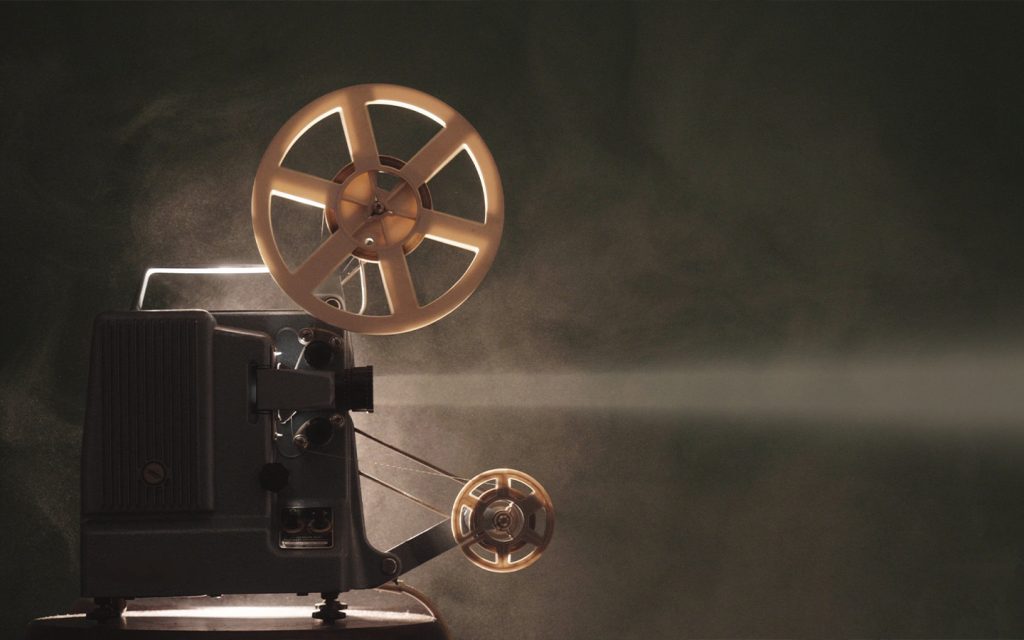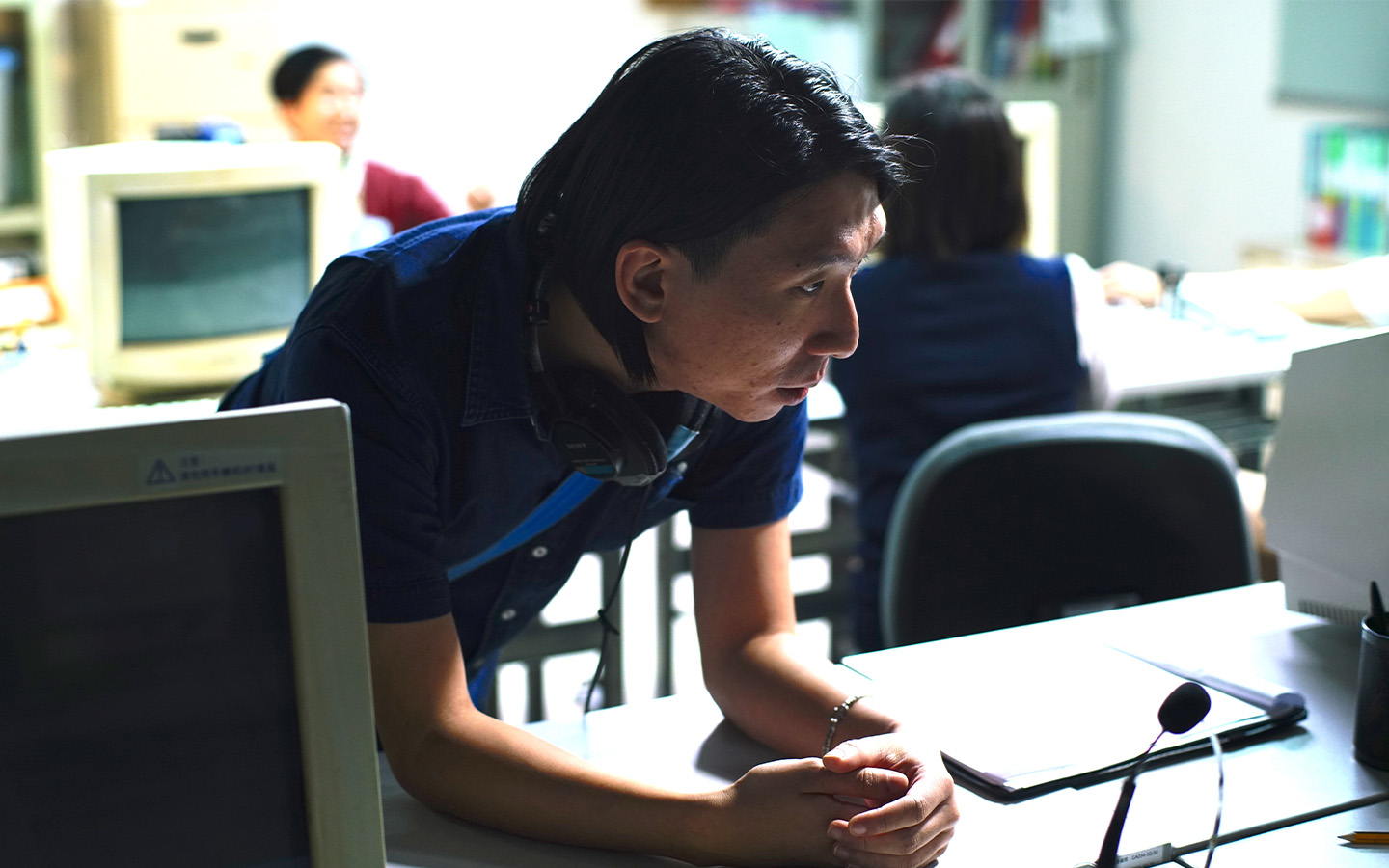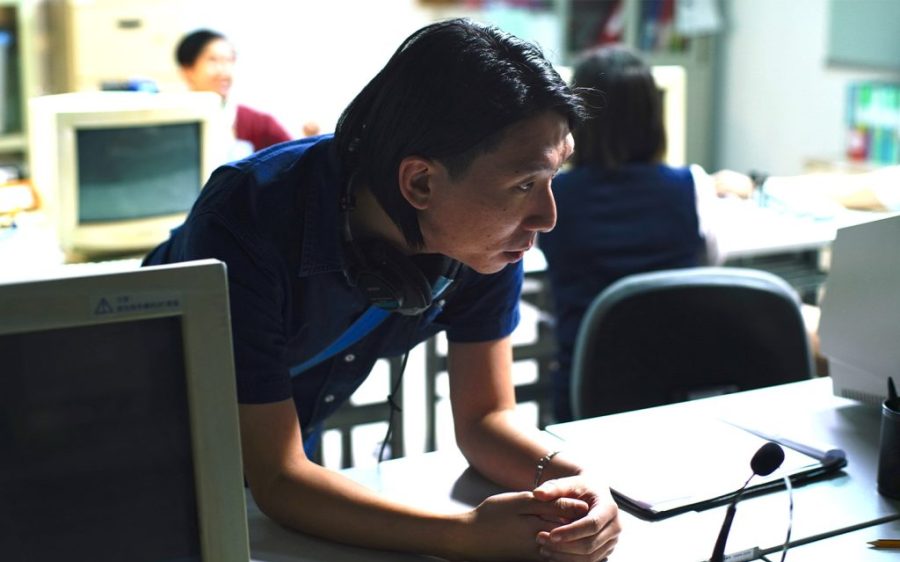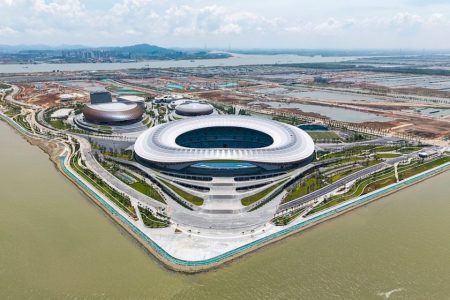The 8th Macao International Documentary Film Festival (MOIDF) is now on, screening 25 movies at Cinematheque Passion until 12 October.
The organisers have taken “Illusion” as the festival’s broad theme this year, digging into the meaning of veracity at a time when AI-generated photos, videos and even voices flood our screens. How do we connect with quiet human realities when we are bombarded with machine-made imagery?
[See more: Government to give local filmmakers up to 1.55 million patacas]
Penny Lam, the festival’s curator for an eighth consecutive year, sat down with Macao News to discuss the big questions and the festival itself.
Why did you feel ‘Illusion’ to be the right topic for this year?
There is so much AI content nowadays. Sometimes when taking the bus, you see passengers watching some very fake videos, all of which are dubbed with the same AI voices. Not only the sound, but also the copywriting and graphics of the video are all produced with AI – and people aren’t too concerned.
[See more: In conversation with Mike Ao Ieong, the director of Macao’s first locally made R-rated movie]
This phenomenon has become so common that people are beginning to be confused about which work is made by real people and which is AI-generated. I believe that audiences who come to MOIDF are curious about the world. And the interesting thing about a documentary is that everything in it is true. No matter how exaggerated the picture you see on the screen is, it must feel real. This is the power that reality transmits to the audience. Hence why documentaries are even more special nowadays.
How does the subject of ‘Illusion’ connect the 25 films being screened?
Interestingly, there is a contradiction here. A documentary is real, but it is ‘fake’ at the same time. It has gone through a lot of processing and may have been shot for dozens or even hundreds of hours, but the final product is only two hours long.
Audiences come to watch documentaries only if they are curious about the world … But does it mean you understand the world after watching a documentary? It doesn’t seem to be the case, so the film is sometimes illusory.
[See more: There are now two film festivals with near identical names in Macao]
That’s why we want the audience to think about the question: What exactly did you watch? What message did you get after watching these documentaries?

What is your film selection process?
It’s different from other film festivals in that we do not do an open call for submissions. The reason why is we hope that the selected films will be more exciting and at the same time suit the tastes of Macao audiences. I will look at some good film festivals around the world in the past year, to see what films are suitable for Macao. During this process, I select 70 to 80 films.
[See more: Chinese movie-goers are losing interest in Hollywood]
This year, we had three film selectors who rated those films and shortlisted the 40 to 50 films with the highest scores. We [then contacted] the film producers to see if they would let us screen them. Finally, the film list [was drawn up].
How long have you been preparing for MOIDF?
It takes about six to seven months to prepare, which is not a long time for a film festival. But I have several years of experience, plus I have a good team of about 15 members.
In the first two years, it was very difficult to negotiate the screening rights because people didn’t know about our festival. Someone once asked why a film that could not be shown in mainland China could be shown in Macao. In later years, it became easier because distributors or directors knew that MOIDF had been held several times. But it all takes time to discuss all the details.
[See more: Never mind the blockbusters: 8 alternative films to get excited about in 2024]
The promotional work is the most difficult part for me. I think the audience in Macao is relatively passive and not as enthusiastic as the audiences in Hong Kong or mainland China. You often have to make more effort to promote the movies.
This year there is an animated film in the line up, so how do you define documentary?
There are many films that mix different techniques. This year, [the animated film] Swimming with Wings is dubbed with real dialogue between several immigrant children, and the animations are made based on the dialogue content. Adapted from real stories and based on reality, this can be classified as a documentary.
If there was more processing, would it be equal to a documentary? We hope to bring this kind of discussion to Macao.






